Common Causes Of Plumbing Leaks And How To Prevent Them
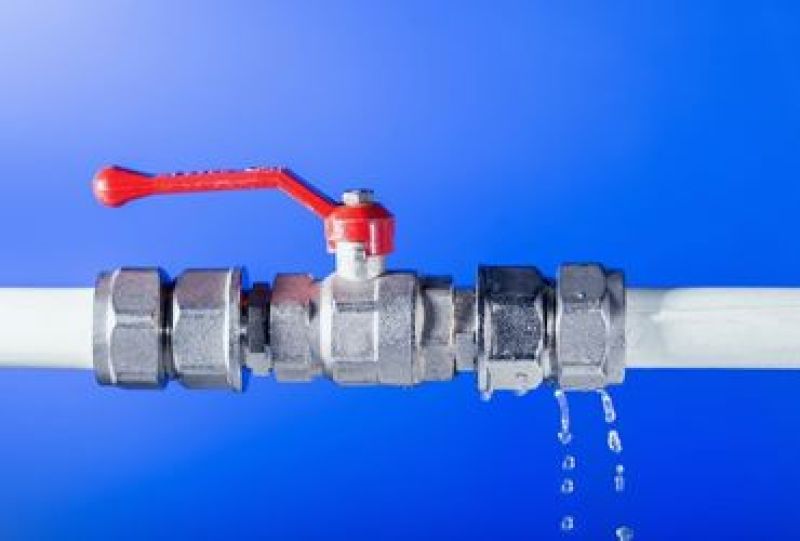
The sound of a dripping faucet is more than just an annoyance- it can cost you money and stress. Plumbing leaks are an all too common problem, but luckily there are ways to prevent them from occurring in the first place. In this article, we’ll take a look at some of the most common causes of plumbing leaks, as well as how to prevent them from occurring.
From leaky pipes to faulty faucets, plumbing issues can cause serious damage to your home if they’re not taken care of quickly. What’s worse is that many homes suffer from multiple sources of water leakage, making it even more important to properly identify and address the issue before it gets out of hand. Fortunately, there are some simple steps you can take to reduce your chances of having these problems occur in the first place.
By understanding what causes plumbing leaks and taking proactive measures to prevent them, you can save yourself time and money while ensuring that your home remains safe and dry. Read on to learn more about common causes of plumbing leaks and how you can prevent them in your home!
Definition Of Plumbing Leak
Plumbing leaks are a major issue for homeowners. They can cause costly damage to property and require expensive repairs. But what exactly is a plumbing leak? A plumbing leak is an unintended outflow of water from a pipe, valve, or fixture in your home’s plumbing system. It’s often caused by faulty installation or wear and tear over time.
When you think of plumbing leaks, you probably think of dripping faucets or running toilets, but there are other causes as well. For example, a crack in the main water line leading into your house can also cause a significant amount of water to escape without you knowing it until it’s too late. Other common culprits include loose fittings and connections on pipes, valves, and fixtures that have been improperly installed or are beginning to corrode over time.
The best way to prevent plumbing leaks is to be proactive about inspecting your home’s pipes and fixtures regularly for signs of damage or deterioration. This includes checking for any corrosion around joints, corroded fittings, loose connections, cracks in the pipes themselves, and slow leaks from valves or fixtures. Repairing these issues promptly can save you from dealing with serious water damage down the line!
Sources Of Leaks In A Home
Leaking plumbing can be caused by a variety of sources inside and outside the home. Knowing the possible causes, and how to prevent them, is key in protecting your property from water damage.
Inside the home, leaks typically occur in pipes leading to or from appliances such as dishwashers, washing machines, toilets and sinks. The most common cause of these leaks is worn out rubber washers or seals which connect the appliance to its pipes. To prevent this type of leak, these seals must be regularly checked for signs of wear and tear and replaced if necessary. Additionally, homeowners should avoid over-tightening connections on fixtures or appliances as this can also lead to leaks.
Outside the home, plumbing leaks usually originate from corroded joints or broken pipe connections that run underground or through walls. Preventing these types of leaks requires regular inspection for signs of corrosion or damage. It’s important to remember that even small holes can become bigger over time due to pressure from water running through the pipes. Homeowners should also make sure that all outdoor spigots are insulated before cold weather sets in; this will help reduce the risk of frozen pipes which can burst and cause major water damage.
Regular maintenance is essential for preventing plumbing leaks both inside and outside your home. Checking seals on appliances as well as inspecting pipes for corrosion will go a long way towards keeping your property safe and dry.
Impact Of Improper Plumbing Installation
The improper installation of plumbing fixtures and pipes can lead to a variety of leaks in the home. These leaks can cause significant water damage, which can be expensive to repair. Improper installation can also affect the performance of the plumbing system overall. Here are three primary ways that improper plumbing installation can lead to water damage and other issues:
- Leaking Seals: Improperly installed seals around faucets, showers, and toilets can allow moisture to get past them and leak into walls or floors.
- Poor Connections: If fittings aren’t properly fitted together, they may not be sealed correctly, leading to leaks in the connections between pipes.
- Blocked Drains: Poorly connected drainpipes can cause clogging and backups, resulting in flooded bathrooms or kitchens.
It’s important for homeowners to ensure that plumbers are properly trained and certified before hiring them for any plumbing jobs. Hiring an experienced plumber will help prevent costly repairs down the road due to poor installations. Additionally, regular maintenance should be done on all plumbing fixtures and pipes to ensure proper function and avoid potential leaking issues caused by improper installation
Corrosion And Deterioration
Corrosion and deterioration can cause plumbing leaks that can be hard to detect. Rust and mineral buildup can corrode the interior of pipes, leading to cracks and holes. Old, worn-out pipes are particularly susceptible to corrosion, as they lack the resilience of newer pipes. Deterioration is another major cause of plumbing leaks. Over time, water pressure and temperature fluctuations put stress on the pipes, causing them to weaken and eventually burst.
Preventing corrosion and deterioration is essential for avoiding plumbing leaks. Regularly inspect your pipes for signs of rust or mineral buildup, and replace any that show signs of wear or damage. If possible, use pipe insulation when installing new plumbing to reduce temperature fluctuations in the system. Additionally, avoid using corrosive chemicals like bleach in drains as these can further damage old pipes. Finally, ensure proper water pressure for your system by using a pressure regulator if necessary. Taking these precautions will go a long way toward preventing plumbing leaks caused by corrosion and deterioration.
Aging Pipes And Fixtures
Aging pipes and fixtures are one of the most common causes of plumbing leaks. As time goes on, the material used to make the pipes and fixtures may weaken, resulting in cracks or other damage. This can cause water to leak out of the system, leading to costly repairs or replacements. To prevent this from happening, homeowners should be sure to regularly inspect their pipes and fixtures for signs of wear and tear. Also, if possible, they should consider replacing any aging pipes or fixtures with more modern versions that are made from more resilient materials.
Signs that a pipe or fixture may need replacing include visible rust, discoloration, flaking paint, bulging or sagging sections, and an overall lack of structural integrity. If these signs are present, it’s best to get them replaced as soon as possible so that further damage is not caused. Additionally, it’s important to routinely inspect the entire plumbing system for any signs of corrosion or other issues.
In order to keep plumbing systems functioning properly for years to come and avoid costly repairs down the line due to aging pipes and fixtures, homeowners should regularly inspect their systems for signs of wear and tear and replace any aged components before they cause further problems.
Vibrations From Appliances
Vibrations from appliances, such as washing machines and dishwashers, can cause plumbing leaks. They can create a back and forth motion in the pipes that can loosen joints and connections over time. Additionally, vibrations from nearby construction or heavy traffic can also contribute to plumbing leaks. To prevent these vibrations from causing plumbing leaks, it’s important to take some proactive steps.
First, make sure that all of your appliances are properly secured to the wall with bolts or straps. This will help reduce any movement within the pipes when the appliance is running. Second, ensure that the pipe connections are tight and secure before installing an appliance. If you notice any loose fittings at any point during installation, tighten them up immediately to avoid potential problems later on. Finally, if you live near a construction site or busy roadway, identify ways to reduce the vibration from those sources — for instance, by installing soundproofing materials around your home’s plumbing system. Taking these steps will help protect your pipes against unnecessary wear and tear caused by vibrations.
Water Pressure Issues
Water pressure issues are one of the most common causes of plumbing leaks. High pressure can cause pipe fittings to loosen and lead to water seepage or even bursting of pipes. Low pressure, on the other hand, can result in reduced water flow or insufficient flushing power in toilets. To prevent these problems, homeowners should regularly check their water pressure and make sure it’s within the recommended range.
If you have an older home, installing a pressure-reducing valve (PRV) is recommended as high water pressure can cause damage to plumbing fixtures over time. This device regulates incoming water pressure so that it remains constant throughout your home. Additionally, if you notice any changes in your water pressure or hear strange noises coming from your pipes, inspect them for potential damage and call a professional plumber immediately.
Regular maintenance of your plumbing system is essential to ensure its longevity and reduce the likelihood of unexpected leaks or repairs. Checking for corrosion around joints and repairing damaged pipes is important to maintain proper water flow throughout your home; this helps minimize the chance of leaks due to high or low water pressure.
Prevention Strategies
The best way to prevent plumbing leaks is to stay ahead of the game by inspecting and maintaining your plumbing system regularly. Here are five tips for preventing pipes from leaking:
- Check fixtures, such as toilets and faucets, for any signs of wear or deterioration. Replace them immediately if you find any damage.
- Inspect exposed pipes in areas such as the basement and attic for signs of rust or corrosion. If you see these signs, contact a plumber as soon as possible to have the pipe replaced.
- Make sure all connections between pipes are secure and free of debris or dirt buildup that can weaken them over time.
- Test your sump pump every six months to ensure it’s working correctly and draining water away from your home properly.
- Install water shut-off valves in case of an emergency so you can quickly turn off the water supply to your house if there’s a leak or burst pipe.
By following these steps, you can help prevent plumbing leaks before they occur and avoid costly repairs down the line. Taking care of your plumbing system now will save you money in the long run by ensuring that everything operates efficiently and safely for years to come.
Regular Inspections And Maintenance
Regular inspections and maintenance are key to preventing plumbing leaks. Homeowners should schedule an inspection with a licensed plumber at least once a year. During the inspection, the plumber will look for signs of corrosion or pipe damage, and check for any blockages in the pipes. Here are four tips to keep your plumbing system in top condition:
1) Clean any debris from the gutters and downspouts near your home to prevent water buildup around your foundation.
2) Check all pipes regularly for signs of corrosion or physical damage, such as cracks and holes.
3) Install a backflow valve on the main water line to prevent wastewater from backing up into your home.
4) Have a professional inspect all gas lines on an annual basis to ensure they’re secure and functioning properly.
By taking these simple steps, you can reduce the risk of plumbing leaks in your home and enjoy peace of mind knowing that your system is running smoothly.
Professional Services
When plumbing leaks occur, they can often be difficult to detect and fix. Professional services are available to help diagnose and repair plumbing issues. Plumbers can assess the source of the leak and recommend the best course of action. Depending on the severity of the issue, they may suggest replacing pipes or fixtures, or using specialized tools to patch or seal the leak.
Professional services are also helpful for routine maintenance and prevention of plumbing problems. Regular inspection of your plumbing systems can identify potential problems before they become major issues. Plumbers can inspect pipes and fittings, check water pressure, and look for any signs of wear and tear. They may also suggest upgrades to more efficient fixtures or appliances.
Taking these steps helps avoid costly repairs in the future. Professional services can ensure that your plumbing is running efficiently and safely, helping you save money in both the short-term and long-term.
Common Causes Of Plumbing Leaks And How To Prevent Them
The long-term effects of plumbing leaks can be significant and costly. Taking steps to prevent these problems from occurring is important in order to ensure a safe and healthy home environment. Regular inspections and maintenance, as well as professional services to identify potential issues, are the best ways to combat plumbing leaks before they become major problems.
Think of your plumbing system like an intricate jigsaw puzzle – each piece must fit perfectly for the entire system to work correctly. By taking proactive measures, you can help ensure that your puzzle remains intact and your home stays secure against the damaging effects of plumbing leaks.
By being aware of the common causes of plumbing leaks and how to prevent them, homeowners can take control of their home’s systems and protect their investment for years to come. Taking simple steps such as regular maintenance, inspections, and professional services can often save money and headaches in the long run.
Other Blogs You May Be Interested In
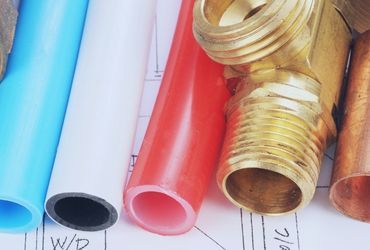
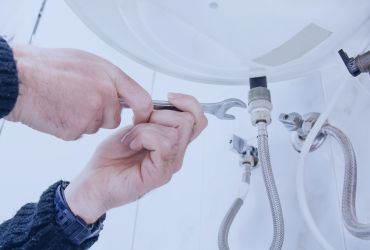

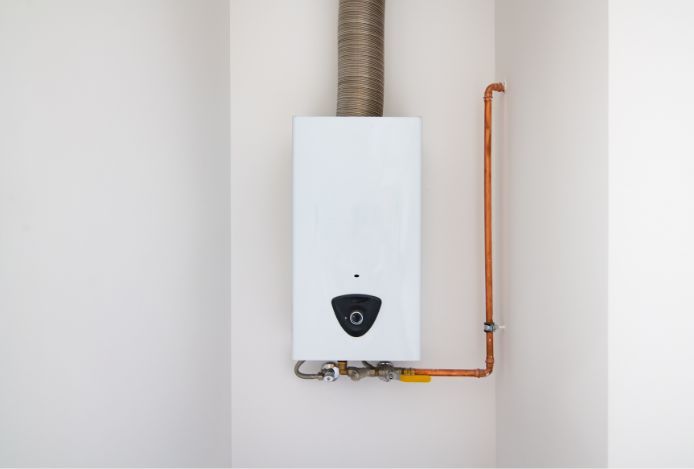
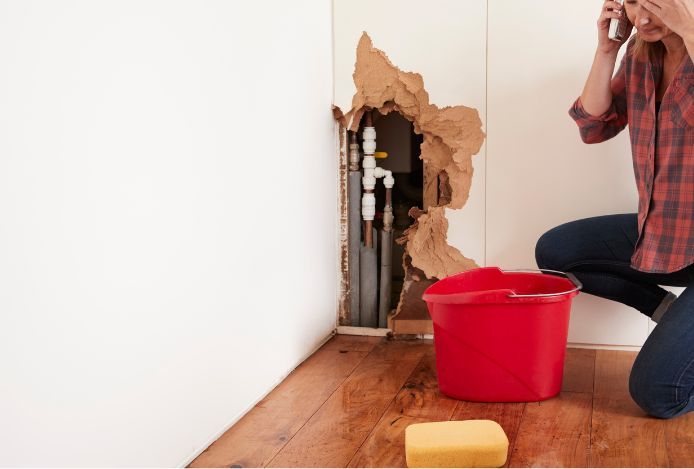
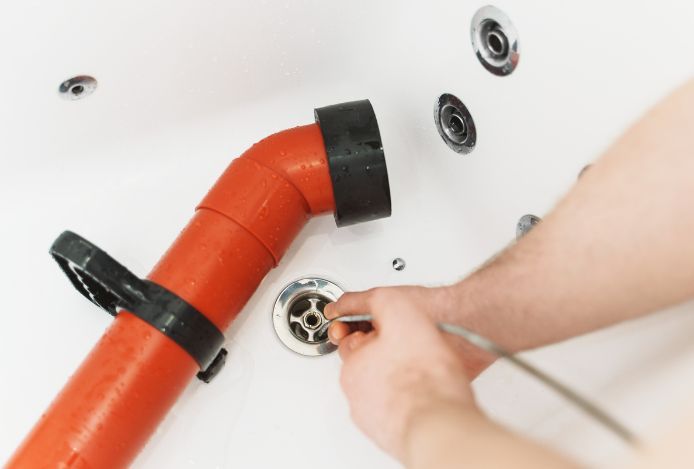
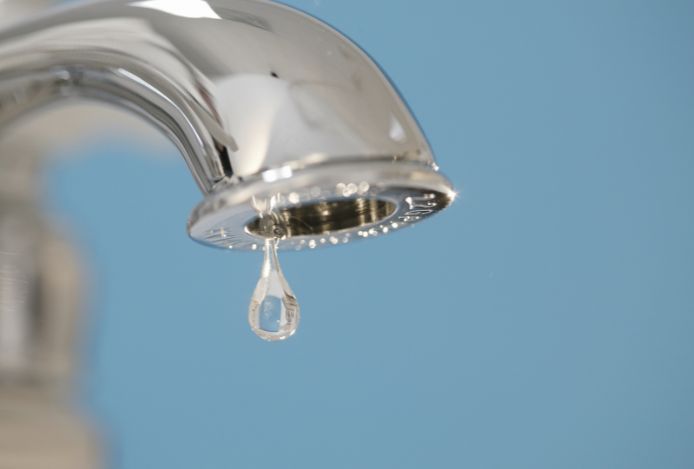
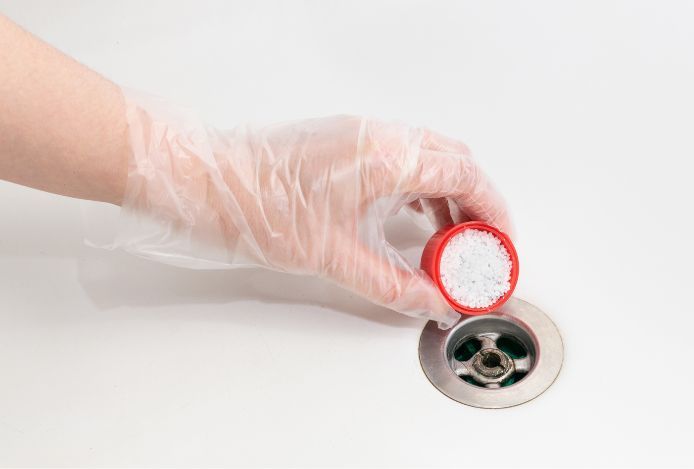
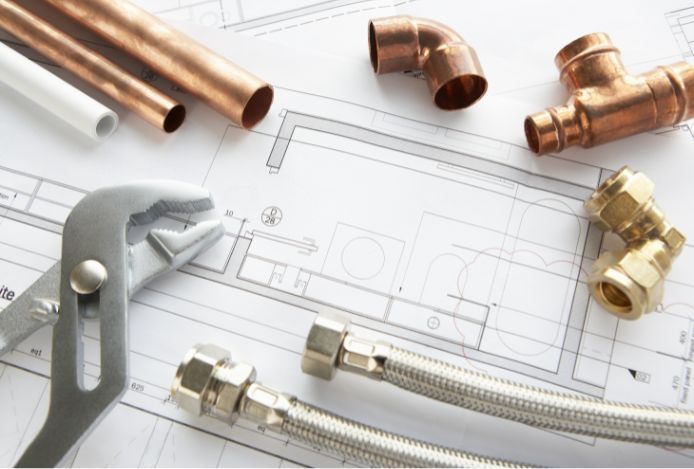
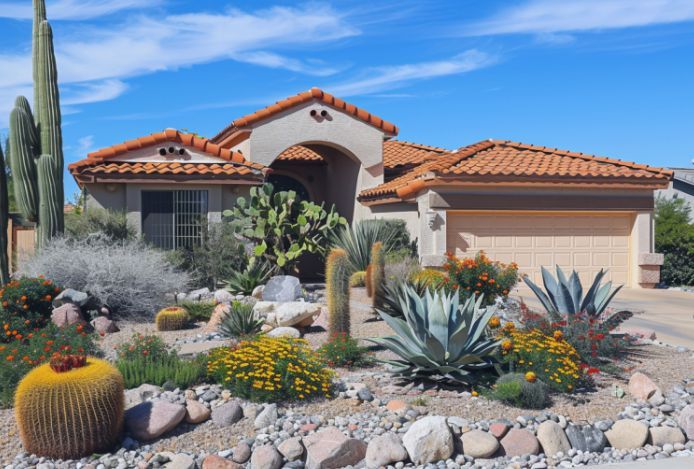
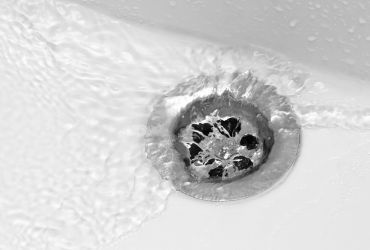
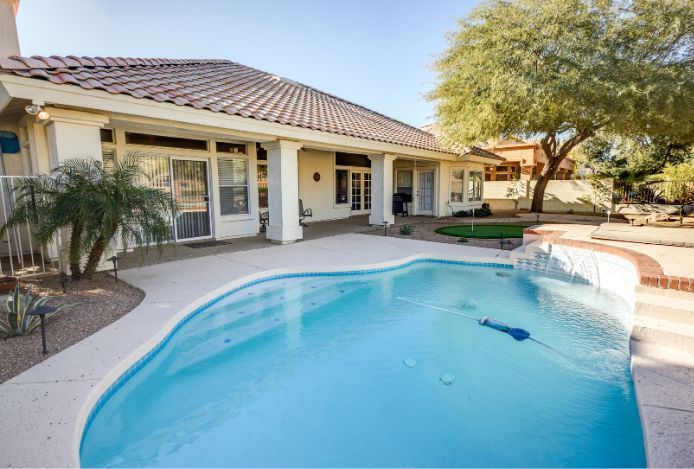
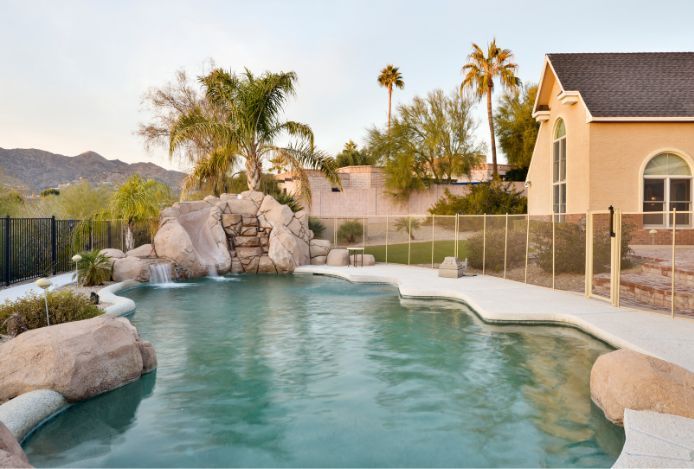
Leave a Reply